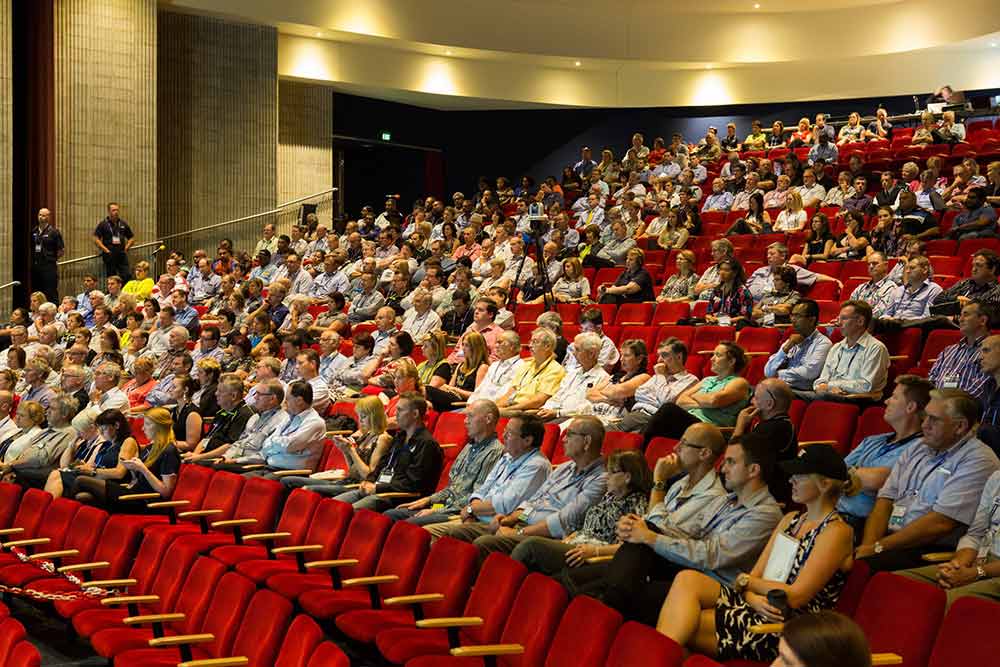
Image: Local Government Association of Queensland (LGAQ)
Strategies used by European cities could help Queensland councils provide smarter infrastructure and smarter services to citizens, international experts told a Brisbane summit this month.
High-density housing, cross-government collaboration, and even Pokemon were also among the subjects explored at the 2016 Future Cities Summit, a two-day conference hosted by the Local Government Association of Queensland (LGAQ).
Raido Lember, a digital society and smart community development consultant, told the summit how Estonia had fostered citizen engagement online.
“Incredible story, Estonia,” LGAQ’s innovations executive Lou Boyle said. “The journey that they’ve taken over more than a decade now to develop these systems whereby residents can do almost everything.”
Boyle said ideas from these presentations could help local governments in Queensland.
“The interesting thing from where I sat,” he said, “was getting that feedback from people — when they see how far behind we are in some of the approaches and the current thinking — we see this is not fiction, this is what people in other countries are doing. And you think: well, this is a massive opportunity; why can’t we do more in this space?”
Boyle said regulatory reform was one area in which these lessons could be applied.
“I have councils talking to me about the need to look at regulations in a broad sense,” he said. “Are they really allowing the benefits of digital construction to occur?”
Frans Anton Vermast, strategy advisor at Amsterdam Smart City, explained the journey the capital of the Netherlands took in promoting innovative responses to urban issues.
“A wonderful presentation [on] what worked and what didn’t and where they’re going now,” Boyle said. “Very strong focus on a citizen-centric model; very strong focus on citizen apps; very strong focus on open-platforms, open-source, open government.”
In other sessions, summit speakers discussed other challenges urban areas were increasingly facing.
Lord Mayor of the City of Adelaide Stephen Yarwood highlighted the importance in responding to younger people’s preference for high-density living rather than sprawling suburbs, and said that the geo-tagging used in location-based games like Pokemon Go offered innovation on which governments could capitalise.
Federal assistant minister for cities and digital transformation Angus Taylor announced in his address that the government’s $50 million Smart Cities and Suburbs program would kick off with a series of roundtables held in September.
The roundtables would bring representatives from state, territory, and local governments together with technology companies and research organisations.





